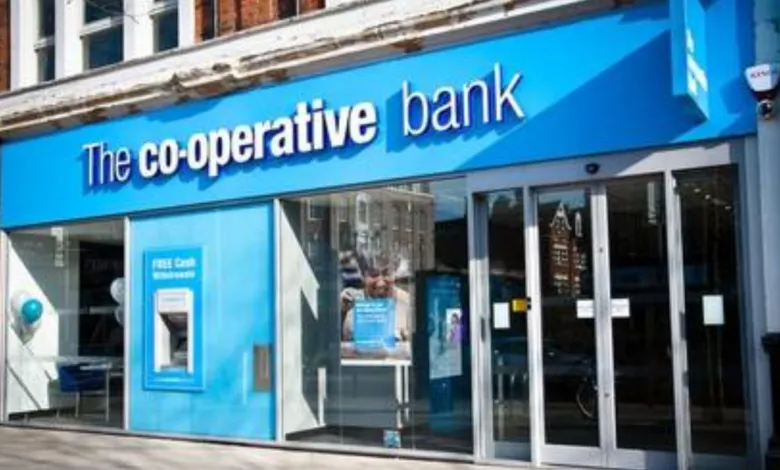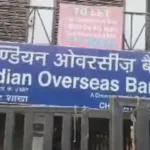
Shaji K V, Chairman of the National Bank for Agriculture and Rural Development (NABARD), announced on Tuesday that cooperative banks in India are expected to be fully digitised by March 2025, aiming to streamline their operations and improve efficiency.
Cooperative banks serve an important role in the Indian economy, especially in rural areas. In urban areas, they mainly serve to small industry and self-employed workers. They are registered under the Cooperative Societies Act, 1912. They are regulated by the Reserve Bank of India under the Banking Regulation Act, 1949 and Banking Laws (Application to Cooperative Societies) Act, 1965.
The Reserve Bank of India (RBI) has mandated that all cooperative banks adopt the Core Banking Solution (CBS), marking a significant move towards modernisation.
Key points from Shaji K V’s statement include:
- NABARD is spearheading the digitisation of cooperatives on behalf of the central government, with a target to complete this by March 2025. During this process, fintech companies will be invited to collaborate, particularly in managing the digitised database and transaction trails of digital platforms.
- NABARD is also proposing the establishment of a shared services entity for rural cooperatives across the country, with both the government and RBI supporting this initiative.
- The entity will require collaboration with fintech companies, offering significant partnership opportunities for fintechs to work with regional rural banks (RRBs) and cooperative banks.
- Due to their smaller size, many cooperative banks struggle to invest in technology, and Shaji K V encouraged fintechs to increase their focus on these institutions as they begin to engage more deeply with technology.
- There is ample room for fintech solutions in the cooperatives and RRBs sectors, especially as these institutions continue to digitise.
- RRBs are seen as the middle layer of India’s banking system, and their technological engagement has increased due to intervention by the Department of Financial Services (DFS). The finance ministry is also considering the consolidation of RRBs, potentially leading to a “One State, One RRB” model.
- The finance ministry’s fourth round of RRB consolidation is likely to reduce the number of such banks from 43 to 28, aiming for operational efficiency and cost reduction. States like Andhra Pradesh, Uttar Pradesh, West Bengal, and others will see mergers.
Additionally, the RBI has approved the formation of an Umbrella Organisation called the National Urban Co-operative Finance and Development Corporation (NUCFDC) to enhance the operational efficiency of Urban Cooperative Banks (UCBs). This organisation, formed as a Non-Banking Financial Institution (NBFI), will help drive the digitisation of UCBs by fostering collaboration and innovation. NUCFDC aims to achieve a paid-up capital of Rs 300 crore.
NABARD is also taking steps to enhance the IT infrastructure of Rural Cooperative Banks (RCBs) in coordination with the Ministry of Cooperation and RBI. A proposal for a Shared Services Entity (SSE) to provide digital services to RCBs is in progress.
Furthermore, the Government of India has approved a ₹2,516 crore project to computerise Primary Agricultural Credit Societies (PACS) across the country, linking them to NABARD through State Cooperative Banks (StCBs) and District Cooperative Banks (DCCBs). Approximately ₹794 crore has already been disbursed for this project.
To strengthen the long-term cooperative credit structure, the Government has approved the computerisation of Agriculture and Rural Development Banks (ARDBs) across 13 States and Union Territories, with financial support being released for hardware procurement, digitisation, and support systems.
These initiatives aim to bring Indian cooperative banks into the digital era, improving their operational efficiency and ensuring they are better equipped to navigate the complexities of modern banking.






